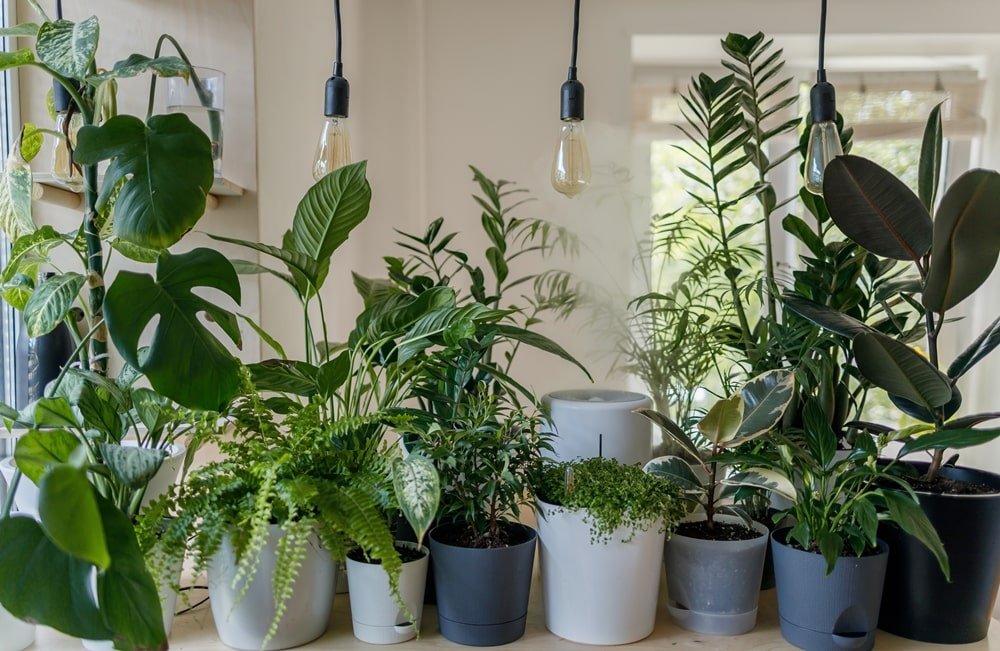Plants/herbs occupy a special place in our lives. At some point in our lives, we have probably felt uplifted by the fragrance of a rose, enjoyed walking through a beautiful garden or the magic of a forest after rain.
As global ecology becomes a pressing issue, many of us are increasingly aware of how much we depend on the plant world to sustain us. Plants have provided us with raw materials for shelter, transport, clothing, tools, etc. They are the source of the food we enjoy, the air we breathe and for thousands of years have given us herbal remedies with a myriad of therapeutic qualities.
As the alarming threat on our environment and the plant world, so is our rapid realization that we are inter-dependent with nature that permeates our consciousness with greater impact than before…
Ancient traditions of medicine, with an energetic perception of the whole person and systems of healing that utilize plant foods, and medicinal herbs, have survived thousands of years and are as valuable today as they ever were. The recognition of their worth is increasing widely as many people seek a greater understanding of themselves – body – mind and soul, thereby assume more responsibility for their own well-being.
People are constantly looking for safe-effective and time proven alternatives to the modern approach to medicine, with its emphasis on compartmentalizing the body and its symptoms and symptomatic relief employing larely synthetic drugs. Herbal medicines have soared in popularity and the idea that herbs are synonymous with everything natural and healthy is well established.
Herbal therapy addresses the fundamental concepts of health. Central to herbal philosophy is recognition of the existence of the vital force – that energy that flows throughout nature and gives life.
Excerpt extracted from Anne Mclntyre

